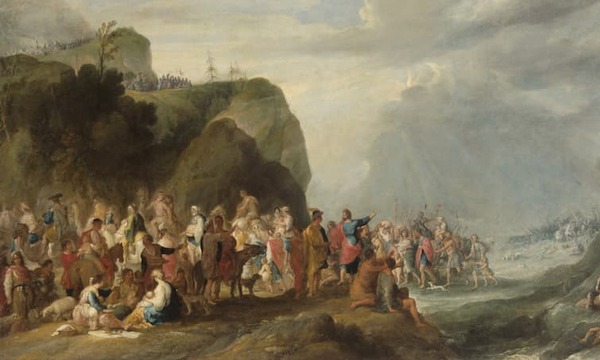As I reflect on the books I read in 2019, I note seven Christian books that have impacted my own Christian thinking and spiritual life more than any others. This year’s list is a bit more academic than , though it ranges from easy-to-read to serious academic. Nevertheless, these are the seven books that were most formative for me in 2019. I will list them in the order I read them.
, by Ben Myers. Line by line commentary on Christianity’s oldest post-biblical creed. Thoughtful insights on almost every page.
, by Uche Anizor. A primer on how to evaluate theological writing. Anizor focuses on reading both charitably and critically.
, by John Piper. I have been closing my Life & Letters of Paul class for 17 years with a lecture entitled, 12 Ways I Admire the Apostle Paul. I found myself appreciatively tracking with the 30 “reasons” Piper says that he loves Paul and his writings.
, by Nik Ripken. An outstanding book on persecution of Christians. Spiritually convicting.
, by Rob Lister. Theological reading that aims to clarify how a God is both impassible (incapable of being changed by pain or emotion), yet still genuinely feeling toward us.
, by Michael Kruger. A helpful introduction to the nature and growth of Christianity in the second century. For an easy-to-read introduction to the earliest Christian writings of the second century that would nicely complement this book, see my .
, by Will N. Timmins. The most satisfying interpretation of Romans 7 (overall) I have yet encountered.
How easy or hard will it be to read these books? From easiest (least academic) to hardest (most academic), here is the order:
- Ripken, Insanity.
- Piper, Love Paul.
- Myers, Apostles’ Creed.
- Kruger, Second Century.
- Anizor, Read Theology.
- Lister, Divine Emotions.
- Timmins, Romans 7.
Happy New Year reading!
and other resources are available on .
 şÚÝ®ĘÓƵ
şÚÝ®ĘÓƵ

.jpg)
.jpg)
